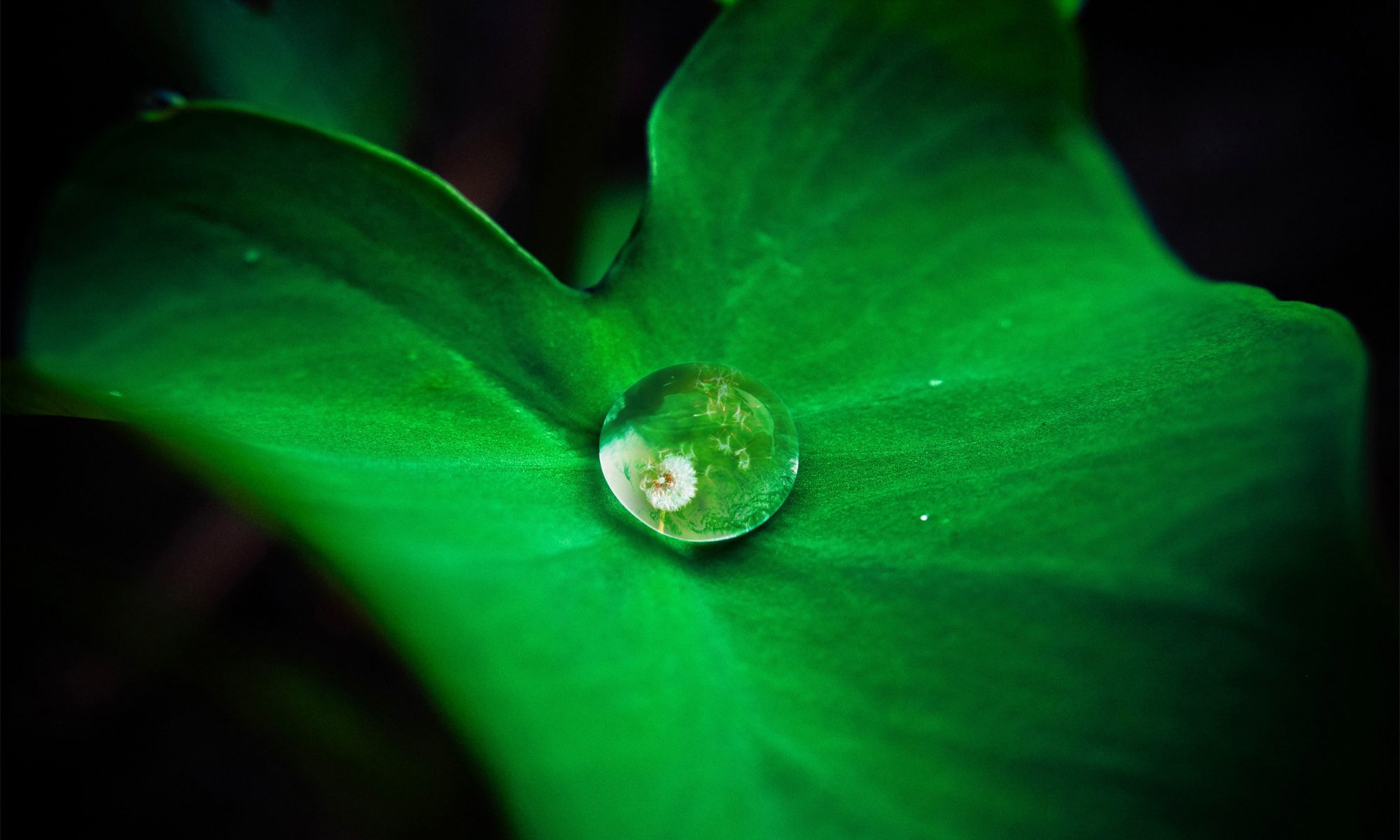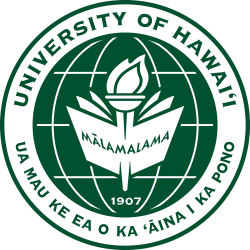 Coastal communities in the Pacific are often characterized by a history of disturbance, yet there is evidence that the use of knowledge, practice, belief systems, evolved over millennia, have allowed Pacific Island communities to become resilient in overcoming natural disasters.
Coastal communities in the Pacific are often characterized by a history of disturbance, yet there is evidence that the use of knowledge, practice, belief systems, evolved over millennia, have allowed Pacific Island communities to become resilient in overcoming natural disasters.
My research aims to understand how social-ecological resilience varies in coastal communities in Fiji across gradients of environmental, social, and economic conditions by addressing the following overarching questions: 1) What are drivers that link human communities to the coral reefs on which they depend, how are drivers linked, and how are drivers affected by external factors, including markets?, 2) What is the role of traditional ecological knowledge in enhancing resilience and adaptive capacity, 3) How do fishing practices (e.g., gear types and target species) vary across a gradient of market integration and what are the implications for coral reef ecological resilience?, and 4) How do intra-village sharing networks of fish and other natural resources vary across a gradient of market integration. To address these questions, I work in coastal villages across Fiji, using a mixed method approach. A range of qualitative and quantitative methods are being used for analysis, including structural equation models and social network analysis.

